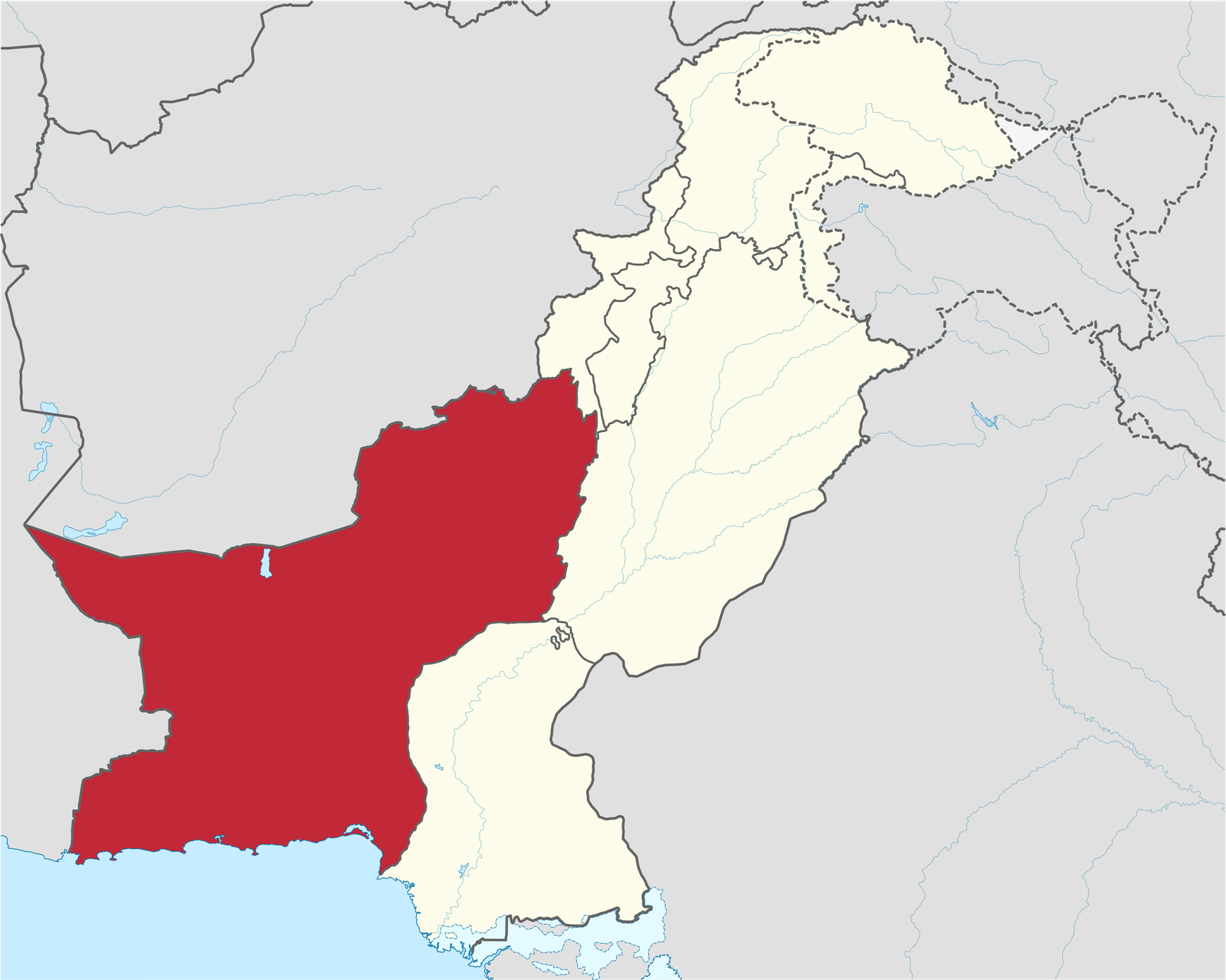Arshad Mahmood Awan
Data science is an interdisciplinary field that combines computer science, statistics, and domain knowledge to extract value from data. It has become a global phenomenon that transforms various industries and domains. In Pakistan, a country with immense potential and challenges, data science can play a vital role in advancing its development. In this article, we will explore the importance of data science, the obstacles it faces, and the suggestions for improving the education standards in this field.
Data science has a significant impact on many aspects of our society, such as:
- Transforming Industries: Data science enables various sectors to leverage data for innovation, efficiency, and competitiveness. For example, data science can help banks and financial institutions detect fraud, manage risk, and offer personalized services. Data science can also enhance the entertainment and sports industries by providing recommendations, analytics, and insights. Moreover, data science can improve the healthcare and public sectors by informing policy decisions, healthcare interventions, and urban planning.
- Decision-Making Power: Data science empowers organizations and individuals to make informed decisions based on data-driven insights. Data scientists can extract patterns, predict trends, and optimize processes using various techniques and tools. Data science can help leaders and managers to navigate the complexities and uncertainties of the modern world.
- Economic Growth: Data science can boost the economic growth and prosperity of a country by enhancing its productivity, attracting investments, and fostering innovation. Data science can create new opportunities, markets, and jobs for people. Data science can also help solve some of the pressing problems and challenges that the country faces.
Despite its growing demand and potential, data science faces several challenges in Pakistan, such as:
- Skill Gap: There is a shortage of skilled data scientists in Pakistan who can meet industry and academic needs. There is a need for more education and training programs that can equip students and professionals with the relevant skills and knowledge in data science. There is also a need for more awareness and exposure among people to the opportunities and benefits of data science.
- Infrastructure and Data Quality: Data science requires access to quality data that is reliable, accurate, and timely. However, Pakistan lacks the infrastructure, data governance, and ethical practices that can ensure the availability and quality of data. There is a need for more investment and improvement in the data infrastructure, data management, and data protection in Pakistan.
- Industry-Academia Gap: There is a gap between the industry and academia in terms of collaboration, communication, and alignment. The curricula and research in academic institutions are often not aligned with the industry’s needs and expectations. The industry and academia need to work together to bridge this gap and create a synergy that can benefit both parties.
To overcome the challenges and harness the potential of data science, Pakistan needs to improve its education standards in this field. Some of the recommendations are:
- Curriculum Enhancement: The curriculum for data science education should be enhanced to include the following elements:
- Holistic Approach: The curriculum should integrate mathematics, statistics, programming, and domain-specific knowledge that are essential for data science. The curriculum should also cover the theoretical and practical aspects of data science.
- Hands-On Learning: The curriculum should incorporate practical projects, case studies, and internships that can enhance the skills and experience of the students. The curriculum should also expose the students to the real-world applications and challenges of data science.
- Ethics and Privacy: The curriculum should teach the students the responsible and ethical data handling and privacy considerations that are crucial for data science. The curriculum should also make the students aware of the social and legal implications of data science.
- Faculty Development: The faculty members who teach and mentor the students in data science should be developed to improve their quality and effectiveness. Some of the ways to do this are:
- Training: The faculty members should receive continuous training and education to stay updated with the evolving field of data science. The faculty members should also learn the latest techniques and tools that are used in data science.
- Industry Exposure: The faculty members should collaborate with industry experts and professionals to gain insights and trends in data science. The faculty members should also seek feedback and guidance from industry partners to improve their teaching and research.
- Research and Innovation: The research and innovation in data science should be encouraged and supported to advance the knowledge and practice of data science. Some of the ways to do this are:
- Encourage Research: Academic institutions should support the faculty and students in conducting and publishing data science research. The academic institutions should also provide the resources and facilities that are needed for data science research.
- Hackathons and Competitions: Academic institutions should organize and participate in hackathons and data challenges that can foster innovation and creativity in data science. The hackathons and competitions can also provide the students with the opportunity to showcase their skills and talents in data science.
- Industry Partnerships: The industry partnerships in data science should be established and strengthened to create a mutually beneficial relationship between the industry and academia. Some of the ways to do this are:
- Internship Programs: Academic institutions should collaborate with companies to provide students with internship opportunities in data science. The internship programs can help the students gain practical experience and exposure to the industry environment and culture.
- Guest Lectures: Academic institutions should invite industry professionals to deliver guest lectures in data science to students. The guest lectures can help the students to learn from the experts and gain insights into industry practices and challenges.
- Certification Programs: The certification programs in data science should be offered and promoted to provide individuals with the opportunity to upskill and certify themselves in data science. Some of the ways to do this are:
- Short Courses: Academic institutions or other organizations should offer specialized courses for professionals who want to upskill themselves in data science. The courses should cover the topics and skills that are relevant and in demand in data science.
- Certification Tracks: Academic institutions or other organizations should develop certification paths that can prepare individuals for various data science roles. The certification tracks should consist of a series of courses and exams that can validate the knowledge and skills of individuals in data science.
Data science is a powerful and promising field that can transform Pakistan’s progress and development. By improving the education standards and overcoming the challenges, Pakistan can nurture its talent, bridge its gaps, and foster its collaboration in data science. Let’s envision a data-literate Pakistan, where data drives innovation and informed decisions shape our future.
Please, subscribe to the YouTube channel of republicpolicy.com
















